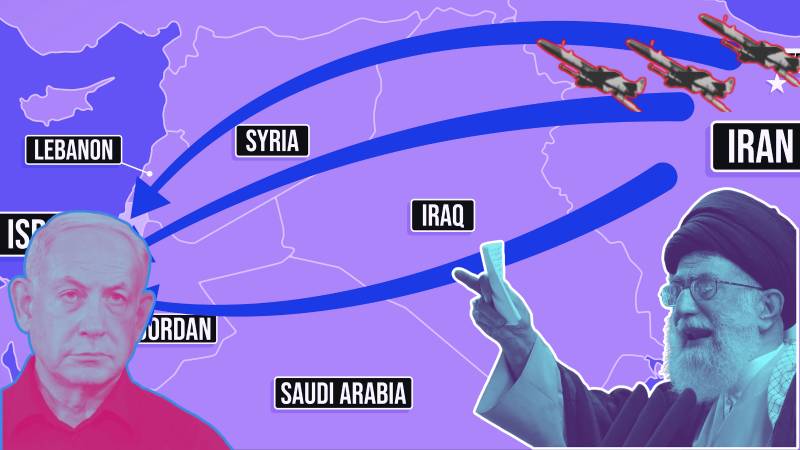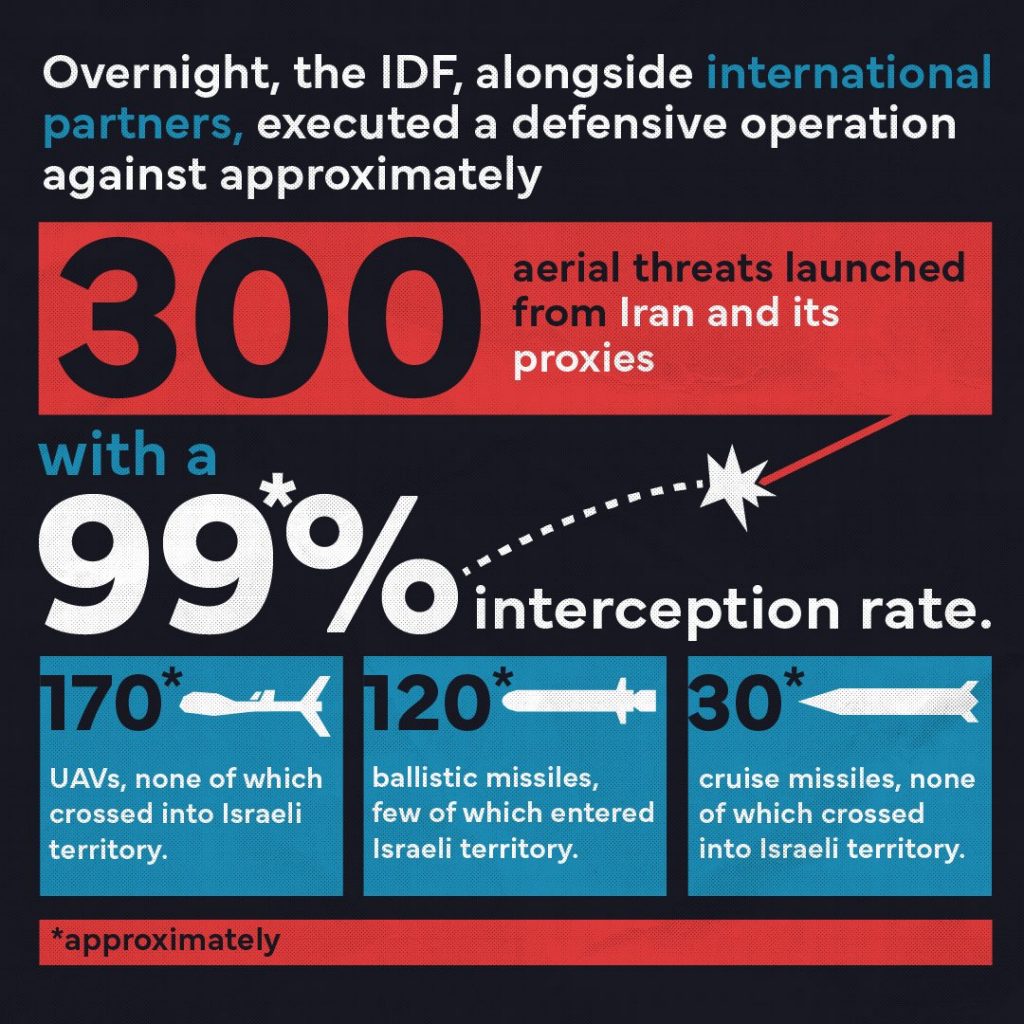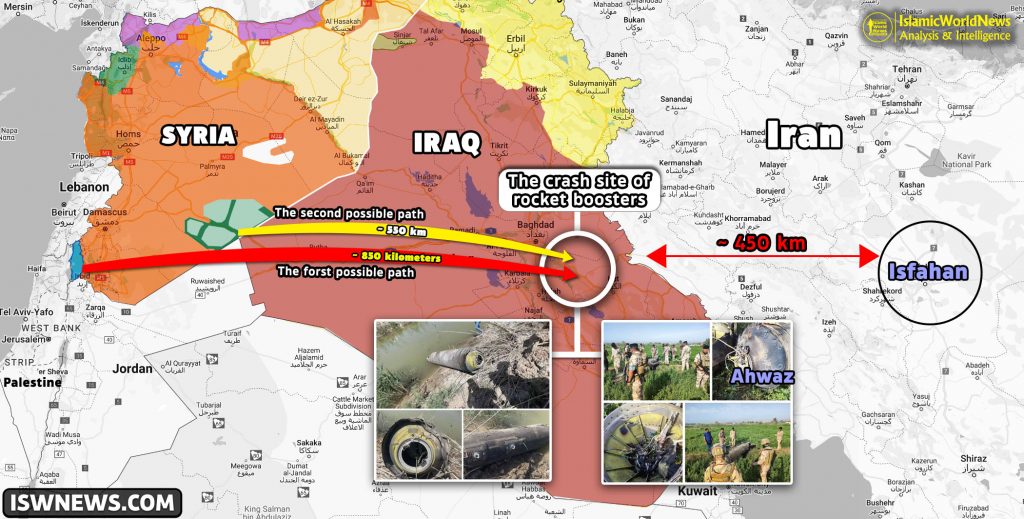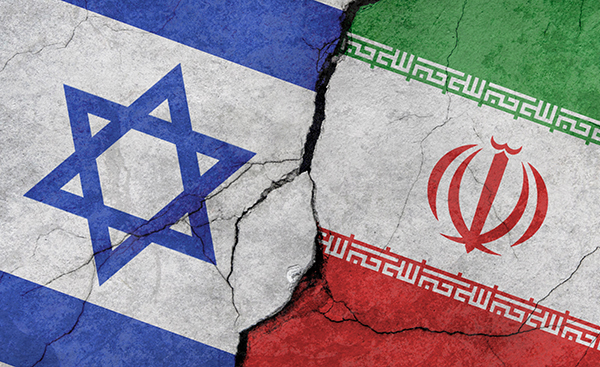By Haydar Oruç
The Iran-Israel tension has been occupying our agenda as a reality that has been exhausting the region for a long time and making itself felt globally due to the extra-regional relations of both countries. Despite the long-term tension between the two countries, it is seen that Iran, in particular, has avoided a direct hot confrontation and has tried to avoid Israel’s various attacks in accordance with the policy called “strategic patience”.
However, Israel seems to be more eager than Iran in this regard and tries to turn Iran into a “failed state”, as in the cases of Syria and Iraq, by somehow luring Iran into the battlefield, with the military and political support it calculates that it will receive from the US.
In this context, it has been working feverishly, especially since 2003, when Iran’s nuclear work was exposed, and has been using the US and other Western countries to squeeze Iran and force it to make a move that would ultimately lead to its demise.
Israel’s regional policy after the Aqsa Flood
Israel has also claimed that Iran was behind the Aqsa Flood attack carried out by Hamas on October 7, 2024, and by identifying Hamas with Daesh and adding Iran to it, Israel has aimed to launch a global struggle against Iran and its proxies in the region, just as the US did after 9/11.
Unable to draw Iran into the field due to the US policy of keeping the countries in the region away from making moves against Israel, Israel organized attacks against Iranian targets in Syria and Lebanon in order to achieve its goal.
After the assassination by US troops in Baghdad of two prominent figures, Qassem Soleimani, commander of the Quds Force of the Revolutionary Guards Corps in 2020, and Abu Mahdi al-Muhandis, deputy head of the Hashd al-Shaabi force in Iraq, assassination of nuclear physicist Mohsen Fakhrizadeh, considered the mastermind of Iran’s nuclear work, by unknown assailants in Tehran, the Iranian government was criticized by both the Iranian people and proxy forces for failing to respond to these attacks and avenge them.
Although Iran marketed the attacks on US bases in the region by Shiite militias in Syria and Iraq, in which no one was even wounded, as revenge for Qasem Soleimani and Fakhrizadeh, in the end, they were not enough, and it was argued that Iran was not as powerful as it claimed and that it was a “paper tiger”.
In addition, after October 7, Israel continued to provoke Iran with a number of attacks on Iranian territory, as if its persistent attacks on Hamas and Islamic Jihad organizations in Lebanon and directly on Hezbollah commanders were not enough, in order to draw Iran into a possible war. While Iran has been unable to respond directly to Israel and the United States, which it holds responsible for all these attacks, it has repeatedly declared that they are aware of Israel’s trap and that they will not fall into it. However, the event that even Iran could not remain silent and had to respond to, took place on April 1.
The case where Israel crossed the red line: Consulate attack
When Israel failed to draw Iran into the conflict despite its attacks against Iran and its proxy forces as well as its attacks on Gaza, which it launched on October 7 under the pretext of supposedly ending Hamas, it prepared a new game plan.
In this context, Israel struck the Iranian consulate building in Damascus on April 1, killing 7 Iranians, including 3 soldiers. The fact that two of the dead were generals and one of them, Mohammad Reza Zahidi, was one of Iran’s most important commanders in the region, as well as the fact that Israel violated the Vienna Convention’s rule that diplomatic missions cannot be touched, forced Iran to respond.
Iran’s exercise of its right to self-defense
Israel’s attack on the Iranian consulate in Damascus on April 1 was the breaking point in the covert war between the two countries. The Iranian leadership could no longer withstand the pressure and, in order to maintain its deterrence and credibility in the region, launched a direct attack against Israel, albeit allegedly in coordination with the United States.

Iran, exercising its right of self-defense under international law in response to the Israeli strike on its consulate in Damascus, announced that it had fired over a hundred kamikaze drones, about a hundred ballistic missiles, and about thirty cruise missiles at Israel from its territory on the night of April 13.
Most of the drones and missiles that Iran claims to have fired against Israel have been neutralized by Israeli, US, UK, and even Jordanian aircraft and air defense systems with 99% success in Iraq, Syria, Jordan, and some in Israeli airspace.

Iran’s permanent representative to the United Nations announced late the same night that “the retaliation against the attack on the consulate in Damascus has ended, and if Israel retaliates, there will be a harsher response.”

In the end, Iran retaliated directly against Israel for the first time and relieved some of the pressure. Although no Israeli soldiers were killed in this attack and no serious damage was done to Israel’s military capabilities, Iran has shown the world that it can attack Israel and that it has the weapons to hit Israel.
Who benefited from Iran’s retaliation?
On April 13, Iran finally attacked Israel, bringing the tension between the two countries to a new phase. However, when the results of the attack are analyzed, it is seen that Israel, which was subjected to the attack, gained more from this process. The Israeli government, which had been subjected to intense criticism for its genocidal crimes in Gaza, became the victim of the Iranian attack, reconsolidated Western support, which had begun to decline, and gained relative legitimacy for the final attack on Rafah by distracting attention from its crimes in Gaza.
By exercising its right to self-defense, Iran has also disproved those who claimed that Iran would never attack Israel and strengthened its position in the eyes of its people as the regime that defends its country. Similarly, it has restored its diminishing credibility with Hezbollah, Ansarullah, and other Shiite militias in Syria and Iraq.
Thus, Iran’s retaliation was a process in which both sides won, but Israel benefited relatively more than Iran.
Israel’s response to Iranian retaliation
However, the process did not end there, and despite the fact that the United States warned Israel against retaliating against Iran’s retaliation and stated that it would not stand by Israel and support it if it attacked Iran, Israel struck the vicinity of Iran’s nuclear facilities and air base in the city of Isfahan with 3 drones on the morning of April 19.

Just like when Iran attacked Israel, Israel’s attack on Iran did not cause any damage or casualties. Nevertheless, Israel has shown that it will not leave any attack against it unanswered and has once again struck Iran, even if symbolically.
Iran, on the other hand, denied even the media footage of the explosion, claiming that there were no casualties in the Israeli attack and that the Israeli drones were shot down by its air defense systems, almost as if the Israeli attack had never happened. In this way, it sought to avoid the obligation of the statement made on the night of April 13: “If Israel responds to this retaliation, we will respond more severely.”
The repercussions of the Iran-Israel standoff on the region
The long-standing tension and covert war between Iran and Israel through proxies has now turned into a hot, albeit low-intensity, conflict as the real ones have emerged, marking the beginning of a new era for the countries in the region.
Jordan and Saudi Arabia allegedly sided with Israel in Iran’s April 13 attack and took part in shooting down Iranian missiles. Other countries in the region did not support Iran despite the fact that Iran exercised its right to self-defense under Article 51 of the United Charter, and even criticized Iran for endangering the security of the region by attacking Israel.
In this process, Turkey, as always, advised restraint and warned that tensions between the two countries had reached a level that could lead to a regional war.
Turkey’s conciliatory stance despite its various problems with both countries has been welcomed by regional countries as well as global actors. There have even been reports that the US has sent a message to Iran through Turkey, asking it to show restraint in its retaliation against Israel and refrain from steps that could lead to a major war.
The statements made by Foreign Minister Hakan Fidan on this issue are extremely meaningful. Contrary to those who see the confrontation between Israel and Iran as a theater and do not take it seriously, Fidan underlined that a possible war between the two countries would harm the entire region and no one would be immune from it and that the tension should not be taken lightly, on the contrary, everyone should be very careful.
Possible next steps of the parties
Iran and Israel believe that by responding to attacks against each other, they maintain their deterrence and are better prepared for the next confrontation. Israel, having regained the support of the Western countries that Iran’s retaliation has diminished, intends to continue with its policies to redefine the region in line with its own interests and to remove Iran as a threat.
For its part, Iran, relieved to have retaliated against Israel, has fortified its regime and has already begun work on acquiring nuclear weapons and upgrading its missile inventory for the final showdown in the future.
Having satisfied its domestic public opinion, Iran is expected to confront the countries in the region that have been exposed as aiding Israel in the latest confrontation and try to win them to its side, and if this is not possible, to try to punish them in some way. It is questionable how successful Iran will be in this regard, as it is expected to receive support from China, which made normalization with Saudi Arabia possible last year.
This is because the countries in the region, especially Jordan, have a policy of being on the winning side, and it is understood that they would not want to incur the wrath of the West, especially the United States, by preferring Iran, which is left alone under the current circumstances.
Conclusion,
After a long period of tension between Iran and Israel, the recent developments have led us to observe that for the first time, the showdown between the two sides is not being played out through proxies, but as a direct confrontation between the principals. It is possible to say that Israel’s provocations played a major role in this confrontation. However, it is also important to note that Israel is playing a very dangerous game in trying to provoke Iran and draw it into the war, and in this context, it is instrumentalizing the international system and law.
With its attack on Iran’s diplomatic mission, Israel gave Iran the opportunity to exercise its right to self-defense, while Iran gave Israel the opportunity to respond with its retaliation.
This time, mutual attacks were kept as measured as possible, with each side testing the other’s capabilities and pushing them to their limits, but not taking that final irreversible step. While it can be argued that the US’s suggestions were effective in this regard, it should not be forgotten that both countries still see each other as existential threats.
Moreover, apart from Israel, many other countries in the region see Iran as a threat for ethnic and sectarian reasons and prefer to position themselves on the Israeli side, at the urging of the United States.
It is assessed that the Israeli and US-centered policy of “isolating Iran” will continue in the coming period, and Iran will try to balance Israel’s power projection in the region by trying to maintain the support it receives from outside the region.
In sum, although the rising tension between the parties seems to have been replaced by calm for the time being, it is thought that Israel will continue to provoke Iran in the coming period. Iran, on the other hand, is expected to stretch its concept of strategic patience so far and be more vigorous in responding to Israel’s provocations from now on.
If this confrontational trend between the two countries continues, future confrontations will inevitably lead to more destructive consequences. Therefore, the most reasonable option would be for all parties to exercise caution and avoid irrational steps that could lead to their own and the region’s ruin.
This article was originally published in Milim Analiz on April 25, 2024, in Turkish.






